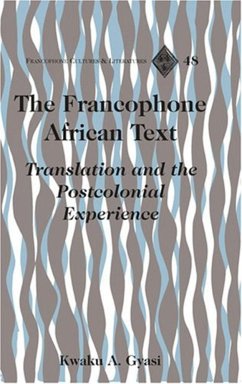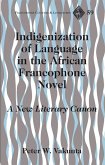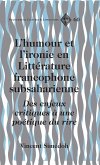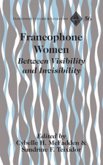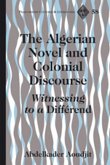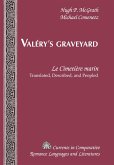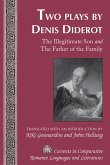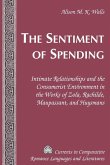Focusing on the African writer and the language of the former colonial power, The Francophone African Text: Translation and the Postcolonial Experience highlights the writer's re-appropriation of the foreign language in the creative writing process. It calls attention to the African writer's use of French, a process of creative translation in which the writer's words form a hybrid code that compels the original French to refer to the indigenous African language for meaning. Examining a group of works under the theme of translation, this book reveals that a consideration of both ideological and linguistic elements enhances understanding of the subject from the broader perspective of postcolonial discourse.
«This book is an important contribution to Francophone literary translation studies. Its approach to literary translation - not just in the conventional, linguistic sense, but more fundamentally as the expression, in the case of Francophone African writers, of what the author calls an «'alien' imagination in a European tongue»-is of significance, beyond its immediate literature of reference, for second-language literary studies.» (John Conteh-Morgan, Associate Professor of French and Editor of 'Research in African Literatures', The Ohio State University)

